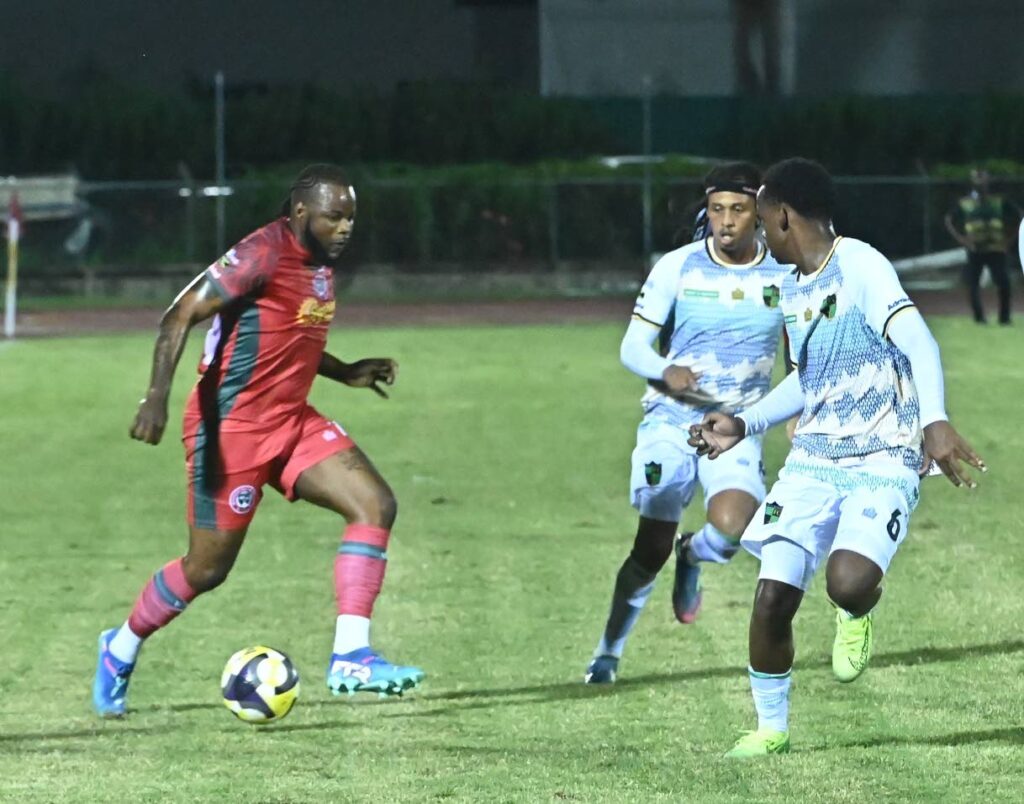In the wake of Hurricane Melissa, which caused widespread devastation in Jamaica nearly two weeks ago, particularly in the island’s western parishes, the question of when to resume sporting activities has ignited a national debate. While some argue that restarting events like the Jamaica Premier League (JPL) could restore a sense of normalcy and hope, others contend it is premature, given the physical and psychological toll on athletes, coaches, and communities. The JPL organizers have adopted a cautious approach, prioritizing the well-being of players and staff before considering a return to competition. Communication disruptions persist across much of the island, and several clubs, including Montego Bay United and Treasure Beach FC, report severe damage to their facilities and personal impacts on players. Beyond logistical challenges, the psychological aftermath of the disaster adds complexity. Dr. André Bateman, a clinical and sports psychologist, highlights the disproportionate impact on the western side of the island, where recovery efforts are more arduous. He emphasizes the importance of sensitivity in resuming sports, noting the psychological divide between those ready to move forward and those still grappling with loss. Athletes, even in less affected areas, may carry emotional burdens, including survivor’s guilt, which can hinder their performance. Bateman stresses the need for open communication and accessible mental health support, urging the Government and sporting authorities to provide resources like group therapy. While sports can serve as a therapeutic outlet for athletes, Bateman warns against using them as a distraction, which may exacerbate trauma. For now, the consensus among organizers leans toward patience and compassion, recognizing the delicate balance between recovery and the desire to return to normalcy.
